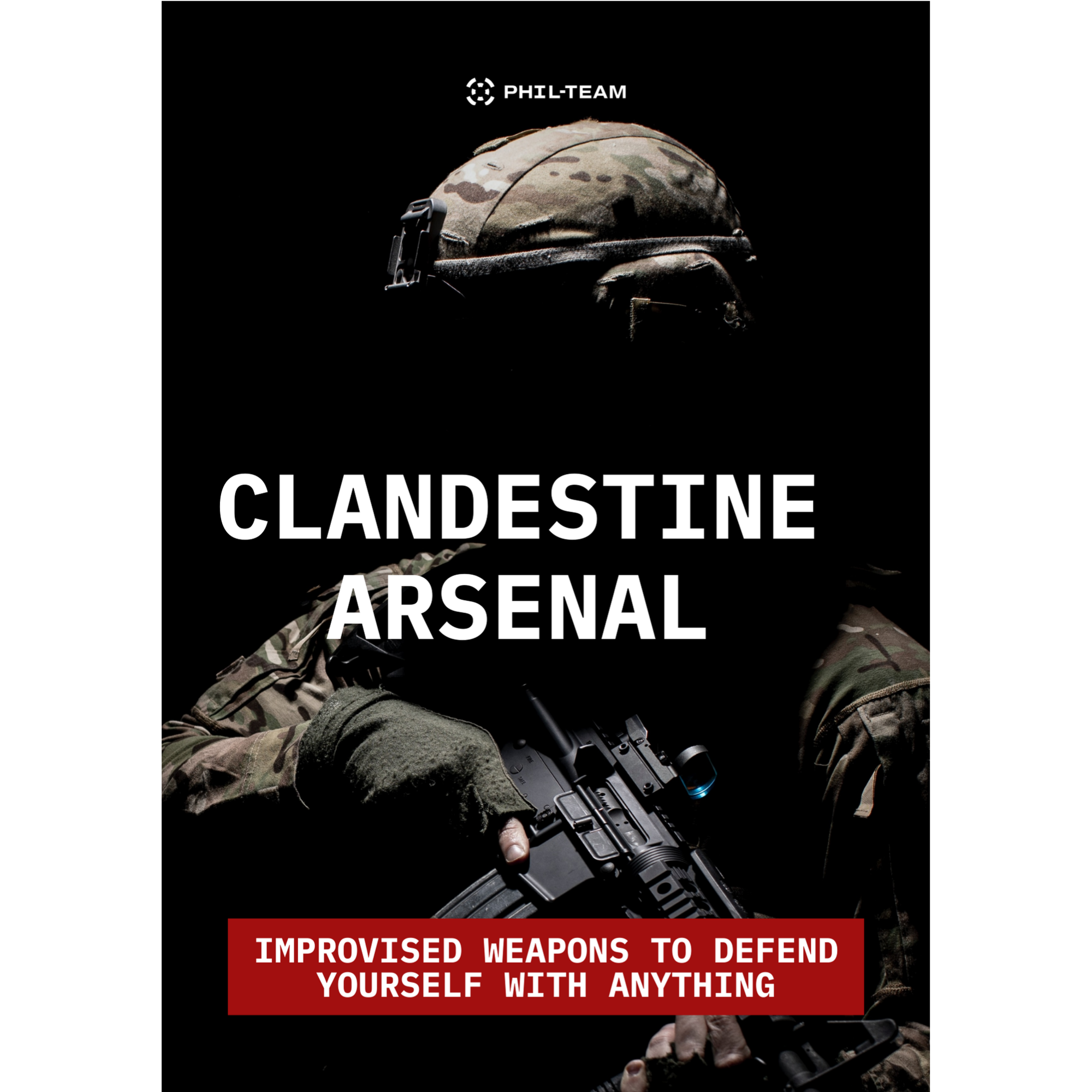Today, Liechtenstein is a small country – the fourth smallest state in Europe and the sixth smallest in the world. It lies on the banks of the Rhine, between Switzerland and Austria.
It owes its name to the Princes of Liechtenstein, who united the County of Vaduz and the lands of Schellenberg in 1719, thus forming their small but charming Principality of Liechtenstein.
They managed to remain neutral (and therefore largely avoid) both World Wars. In 1943, the principality went so far as to ban the Nazi party. By that time, in fact, they no longer even had an army, having completely dissolved it in 1868.
And yet, their final deployment in 1866 remains famous for two reasons: firstly, they lost no battles and suffered no losses (having avoided all combat). Secondly, they set out with a force of 80 men – and returned home with 81.
Or so the legend goes...

During the Austro-Prussian War of 1866, Liechtenstein sent an army of 80 men to guard the Brenner Pass between Austria and Italy, while a reserve of 20 men remained behind.
While the deployed force was there to defend the territory against any attack from the Italians allied with the Prussians, according to War History Online, "there was nothing to do but sit in the beautiful mountains, drink wine and beer, smoke a pipe, and relax."
On the main battlefield, the Battle of Königgrätz would secure a Prussian victory, thus decisively ending the war.
The men from Liechtenstein therefore returned home. But upon their return, their number had increased to 81.
But who is the extra man?
According to The World at War, an Austrian liaison officer joined them. Lonely Planet seems to share a version that identifies the newcomer as an "Italian friend"—other sources suggest he is a defector.
None of these stories appear to be substantiated, but neither has anyone denied them.
Meanwhile, Liechtenstein remains a prosperous and successful country, which still has no army to this day.















0 comments